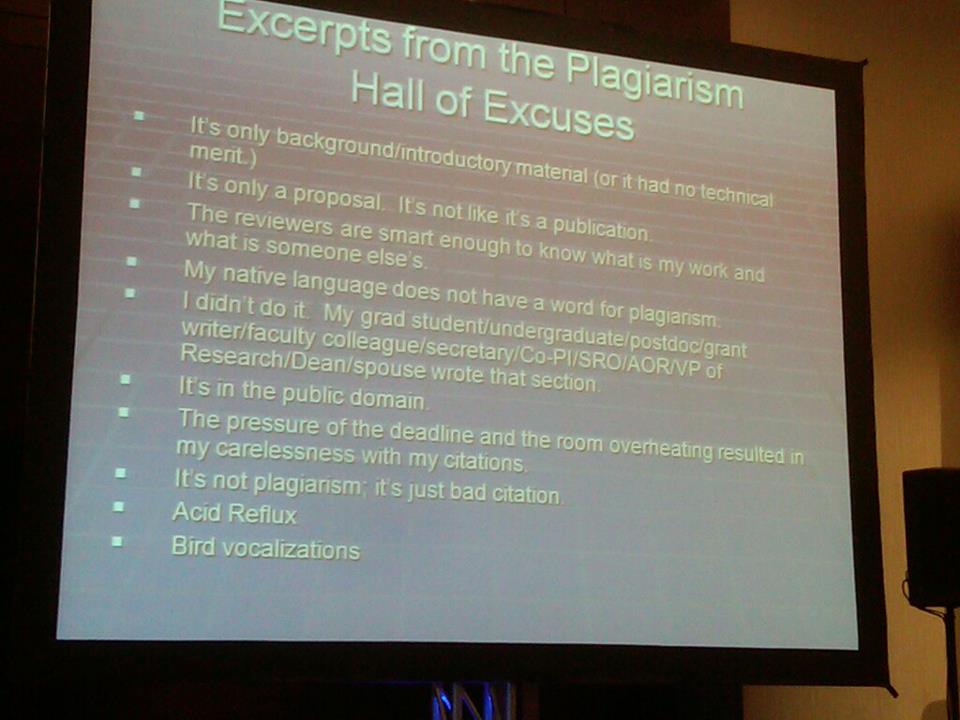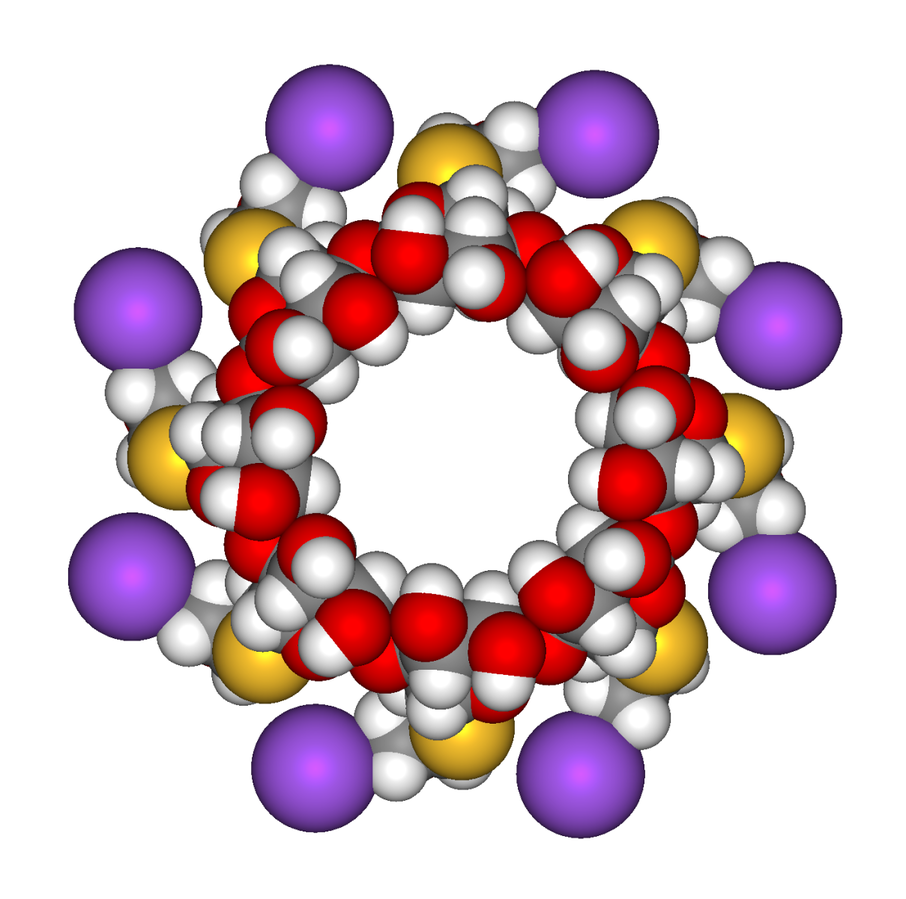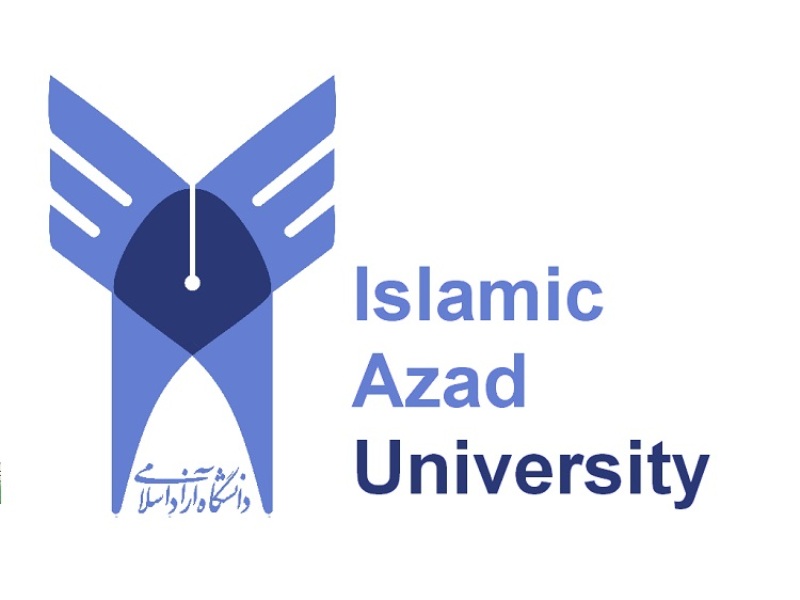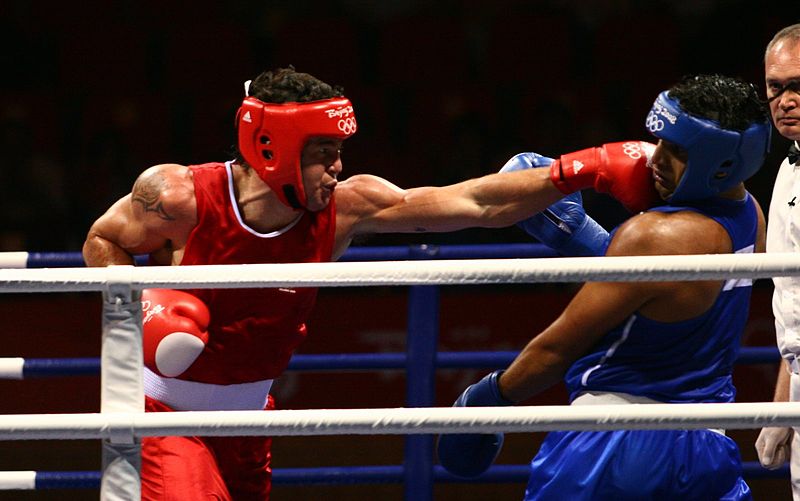 One would hope that researchers submitting abstracts for a meeting on research integrity would be less likely to commit research misconduct. But if the experience of the 6th World Conference on Research Integrity is any indication, that may not be the case. Here, the co-organizers of the conference — Lex Bouter, Daniel Barr, and Mai Har Sham — explain.
One would hope that researchers submitting abstracts for a meeting on research integrity would be less likely to commit research misconduct. But if the experience of the 6th World Conference on Research Integrity is any indication, that may not be the case. Here, the co-organizers of the conference — Lex Bouter, Daniel Barr, and Mai Har Sham — explain.
Recently the 430 abstracts submitted for the 6th World Conference on Research Integrity (WCRI) were peer reviewed. After an alarming report of apparent plagiarism from one of the 30 reviewers, text similarity checking was conducted on all the abstracts received using Turnitin. This identified 12 suspected cases of plagiarism and 18 suspected cases of self-plagiarism. Abstracts with a Turnitin Similarity Index above 30% (ranging from 37% to 94%) were further assessed and labelled as potential self-plagiarism if overlapping texts had at least one author in common. Continue reading Even potential participants of a research integrity conference commit plagiarism, organizers learn









